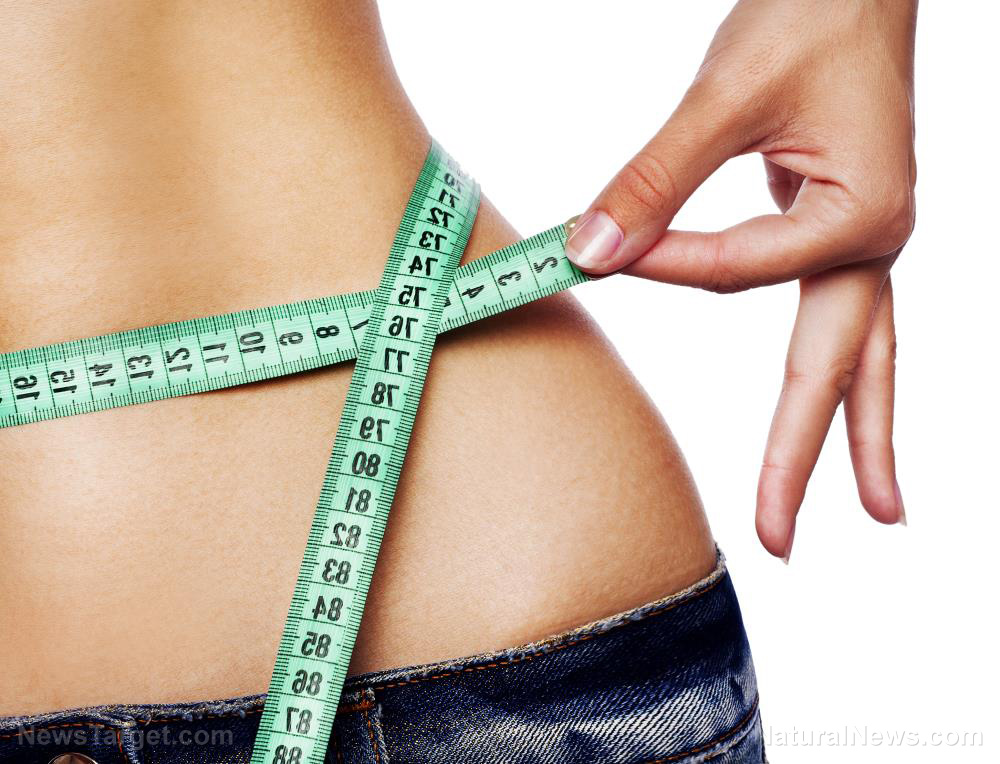One of nature’s best multivitamins, beets are full of nutrients
05/07/2018 / By Ralph Flores

People who have prepared beets know of the horror mess it can cause: It can turn a spotless kitchen into what can only be described as something close to a crime scene. Eating one can be tricky too: Beet juice can also stain your clothes. Still, this shouldn’t dissuade you from consuming this nutritionally diverse root vegetable, as multiple studies have shown that it can be used to help the body fight a variety of diseases.
Beets contain a lot of nutrients, are low in calories, and have no cholesterol or fat. The greens are edible as well, and they contain calcium, vitamin A and carotenoids, vitamin C, and iron. According to the U.S. Department of Agriculture, 100 grams of beets contain half of the recommended daily allowance for vitamin C. Beetroots also provide an excellent source of folic acid, fiber, potassium, and manganese – and are also rich in niacin, vitamin B-6, pantothenic acid, iron, copper, magnesium, and manganese.
The color of the beetroot tells which nutrient compound it contains. Red beets, for example, have a phytochemical called betalain, which contains anti-inflammatory and antioxidant properties. Golden or yellow beets, on the other hand, have higher concentrations of lutein than red beets. Lutein, in particular, is known to protect the eyes from abnormal light sensitivity and degenerative diseases. Beet greens also help protect the eyes as they contain lutein and a similar carotenoid called zeaxanthin.
Beet juice is exceptionally helpful post-exercise, as studies have shown that it helps with human exercise tolerance and recovery. According to one study, consuming beet juice reduced the negative effects of muscle hypoxia – the condition wherein oxygen is not available for muscle repair – after exercise. Another trial reported that drinking beet juice three days before a high-intensity exercise increases the body’s endurance to exercise, with similar results posted for moderate exercise.
The nitrates found in beets also help with muscle relaxation, which makes it the perfect exercise supplement. Adding beet juice to an athlete’s regimen increased their stamina and decision-making speed, according to the results of a 2015 study. Another study showed that supplementing with beet juice increased the reaction time and athletic performance of male participants during a sprinting exercise.
And that’s not all
Beets are also beneficial in preventing cardiovascular disease (CVD). In a recent study, experts found that beet fiber was able to regulate both HDL and LDL cholesterol levels and reduce the formation of cholesterol plaque in the aorta. Beet juice was also found to increase plasma nitrates in the blood, which reduced blood pressure in adults. In particular, experts have noted that beets can prevent endothelial dysfunction – one of the main risk factors for CVD. (Related: Beets help prevent cancer and cardiovascular disease.)
The blood vessel-dilating nitrate of beets does not only work for the heart: It can also enhance virility and act as an aphrodisiac.
The benefits of beets aren’t just limited to the heart and the blood. Beetroot contains liver-protective properties that help fight off adverse reactions from carbon tetrachloride and N-nitrosodiethylamine, both of which contribute to liver damage.
As they are a root crop, beets contain antibacterial effects that protect them against potential pathogens in the soil. When utilized by humans, beets can inhibit the synthesis of types A and B staphylococcal enterotoxins, for one.
Learn more about how beets protect the body by heading to Food.news today.
Sources include:
Tagged Under: antioxidants, beet fiber, beet greens, beetroot, beets, betalain, cardiovascular disease, clean foods, exercise supplement, fitness, fresh veggies, golden beets, good diet, good food, healthy diet, heart health, lutein, muscle hypoxia, muscle relaxant, nutrients, organics, prevent disease, red beets, root crop, root vegetable




















